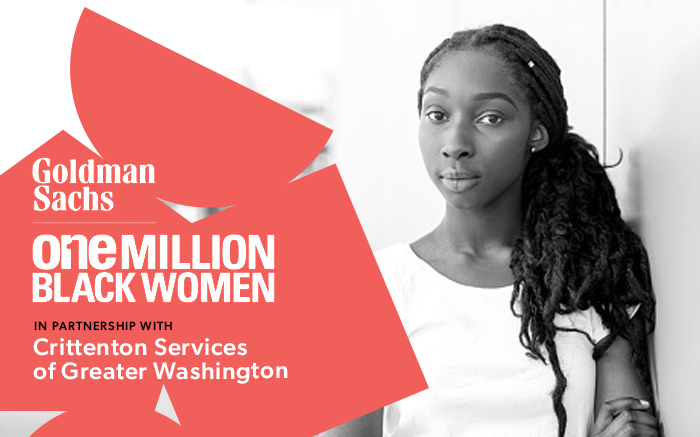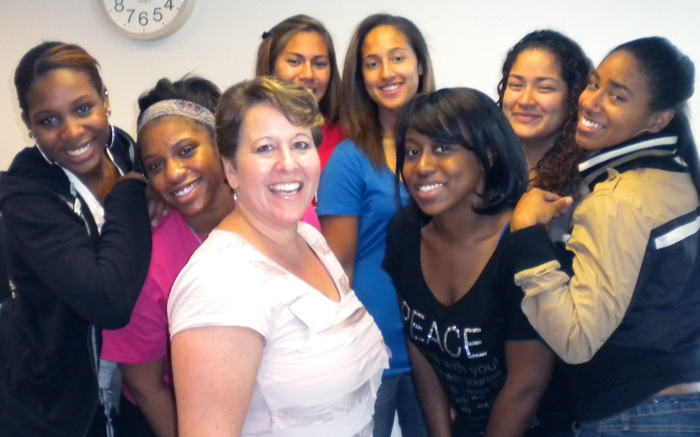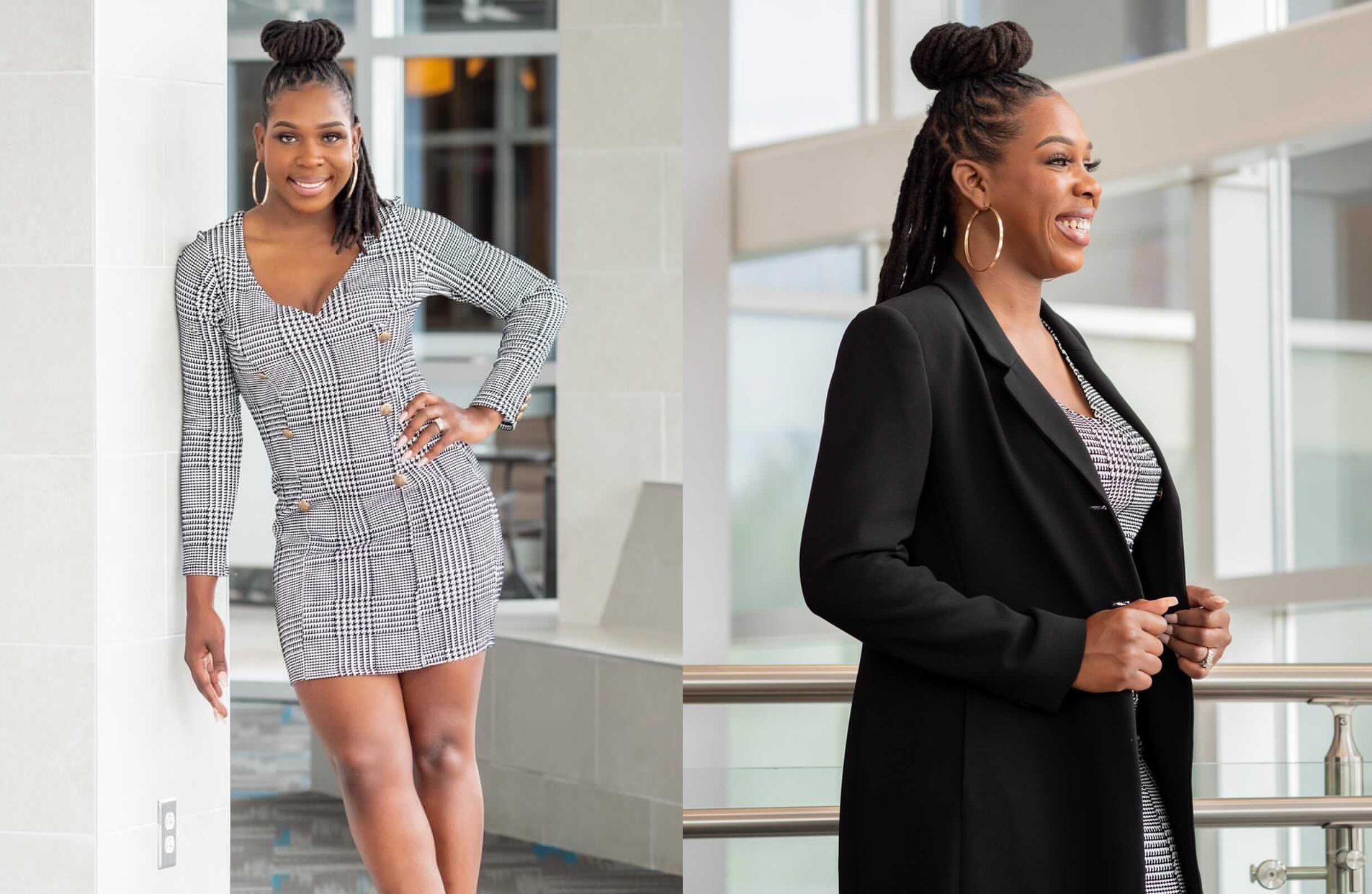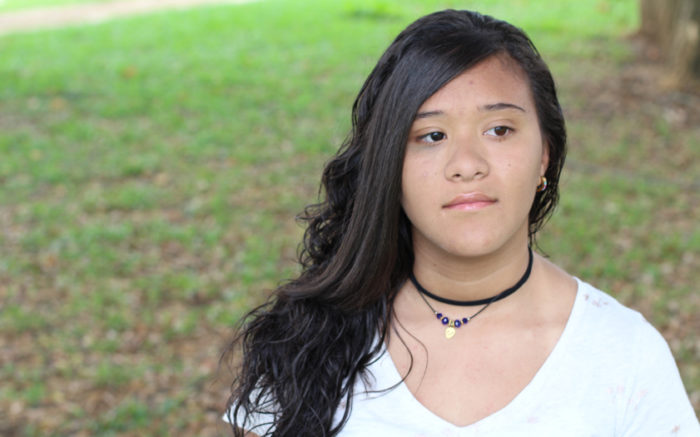(Back row, L-R:) Raiko Dai, Ashley Funes, Kymber Menkiti, Jumoke Akiosi, Meedie Bardonille and Terrie Hunt during Crittenton Services of Greater Washington’s 2023 High Tea event. (Front row, L-R:) Yoselind Saucedo, Michelle Graham, Fatoumata Touray, Sephora Aho, Jessica Menso and Shannon Quiroz also attended. Crittenton Services of Greater Washington serves middle and high school girls while helping them to better prepare for life in the real world. One hundred teen girls will experience a unique mentoring opportunity during Crittenton’s Annual High Tea event on April 25, 2024, from 11:30 a.m. – 2:00 p.m. at Catholic University of America, Edward J. Pryzbyla University Center, located in Washington, DC. Crittenton is seeking mentors from the work world for the organization’s next High Tea event. Photo credit: Crittenton Services of Greater Washington
Leteria Bailey knows firsthand that supportive mentors can positively impact a young girl’s future trajectory. She recalls becoming involved with Crittenton Services of Greater Washington as a high school sophomore. Crittenton serves middle and high school girls while helping them to better prepare for life in the real world.
“I was in the SNEAKERS program [for teen girls] and that was my first introduction to Crittenton,” Bailey said, also mentioning that she later interned with the nonprofit. “I’ve done events as an alum. I’ve continued to support them years later just because that program was so impactful for me in high school.”
Although Bailey completed Crittenton’s program in 2011, she welcomed the opportunity to learn about the administrative side of the program as an intern. Bailey became a mentee of several women who are connected to Crittenton, including the current CEO and president, LaTara Harris.
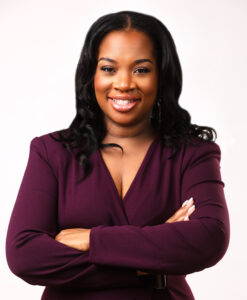
LaTara Harris, CEO and president of Crittenton Services of Greater Washington
Photo credit: Ross Multimedia Group
“It was nice having these adults who were in such leadership positions that took the time to still teach me different life skills and to stay connected to me as well,” Bailey said, citing the longevity of various relationships that she built through Crittenton. “They go above and beyond to support us.”
Crittenton Services of Greater Washington, which is a Silver Spring, Maryland-based nonprofit, also had a great impact on Bailey’s career choice after interning. She chose to work in service and youth development.
“You can say that Crittenton sort of propelled me into the nonprofit sector and into wanting to serve and learn what my community means and how I could step up,” the proud Crittenton alum said.
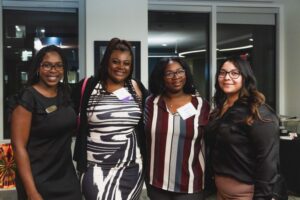
Today’s generation of teen girls will experience a unique mentoring opportunity during Crittenton’s Annual High Tea event on April 25, 2024, from 11:30 a.m. – 2:00 p.m. at Catholic University of America, Edward J. Pryzbyla University Center, located in Washington, DC on Bring Your Child To Work Day.
Bailey will host the event where 100 Crittenton girls will gather for an immersive career exposure experience alongside individuals such as business, finance, government, healthcare and philanthropy leaders.
Harris shared additional insight into the High Tea’s purpose.
“It’s to give our girls more career and college exposure, exposing them to potential internship and externship opportunities as well. But it really is their opportunity to meet directly with men and women in the working world over something as special as tea. It’s a mentoring opportunity for adults to give back. The students also have a chance to learn while they’re there.”
During the dynamic event, each table will be comprised of an intentional combination of teen girls and leaders, creating chances to network.
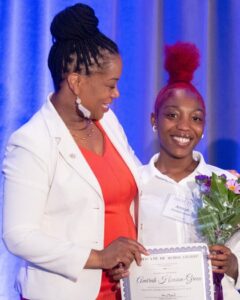
Harris added, “This event has a strong tradition of hearing from our bright and dynamic girls through panel discussions and honoring Crittenton scholars during our scholarship award presentation.”
Additionally, scholarships will be awarded to graduating seniors.
Crittenton has been around for 135 years and focuses on developing “the whole girl.” Program leaders work with girls in schools located in Washington, DC and in Montgomery County, Maryland. Services are provided to sixth through twelfth-grade girls. A Goal Setting Program, SNEAKERS and a Pearls program for girls who are parenting, or pregnant teens are among the programs that are provided throughout the school year.
“For the past years, our girls that are advancing through the program have successfully graduated from high school 99 -100% of the time,” Harrison said.
She briefly mentioned that about two years ago, the graduation rate during the pandemic was 99 percent.
Adults in the community can help support teen girls by showing up for them this month. Men and women who work in STEM careers, leadership positions, entrepreneurship capacities, philanthropy or other professions that comprise the work world are invited to purchase a ticket and attend the event. They will impart wisdom to Crittenton’s young girls during the substantive afternoon.
Bailey wants to remind others that it is important to support the High Tea. Eye opening possibilities about what she could accomplish professionally as a young Black woman began because of Crittenton’s female network. She recalls meeting a Black woman who was in a leadership position for what she believes was the first time in her life, during the High Tea that she attended in her youth.
“If we invest the time and effort into our girls when they’re teens, the possibilities are endless when they enter adulthood,” Bailey said.
*This event has already passed
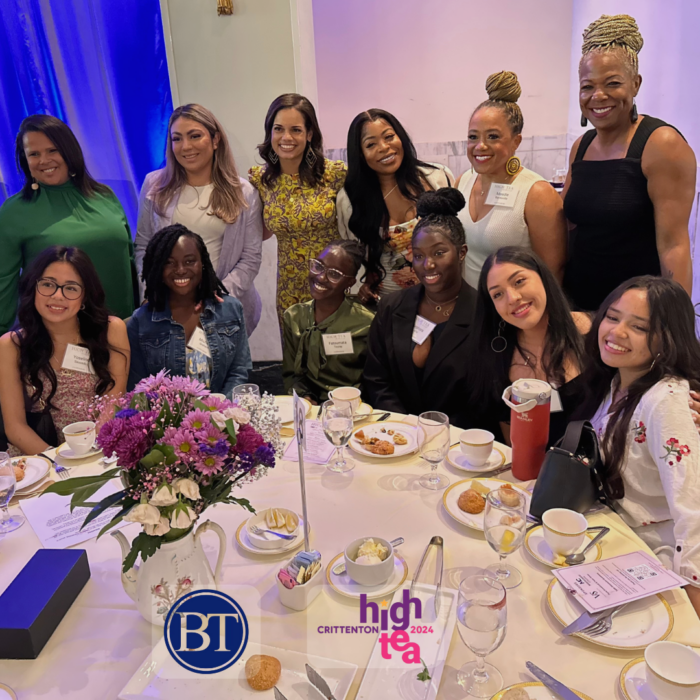
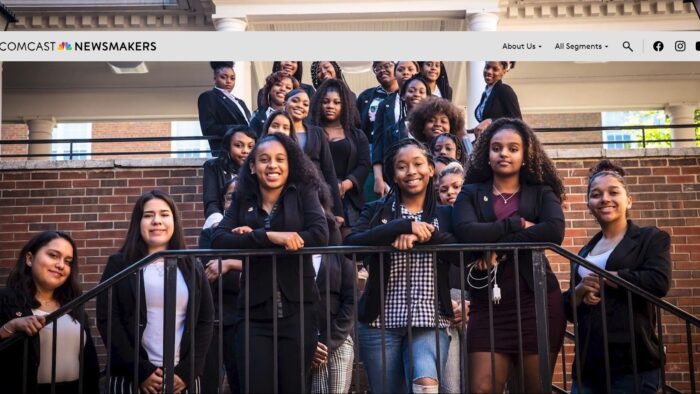



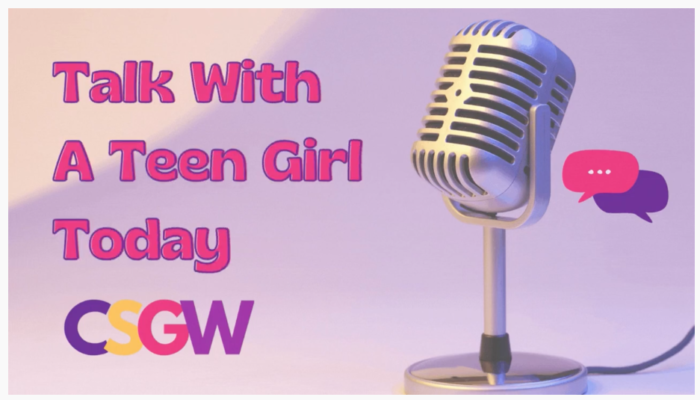
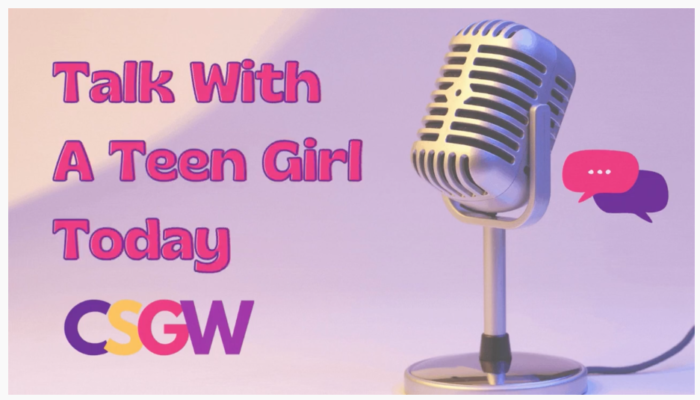
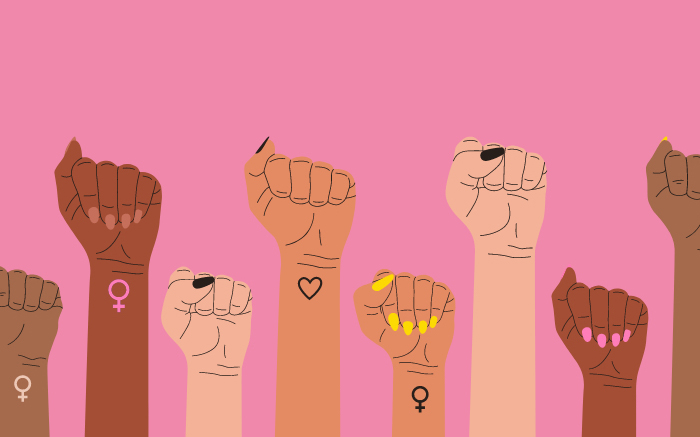

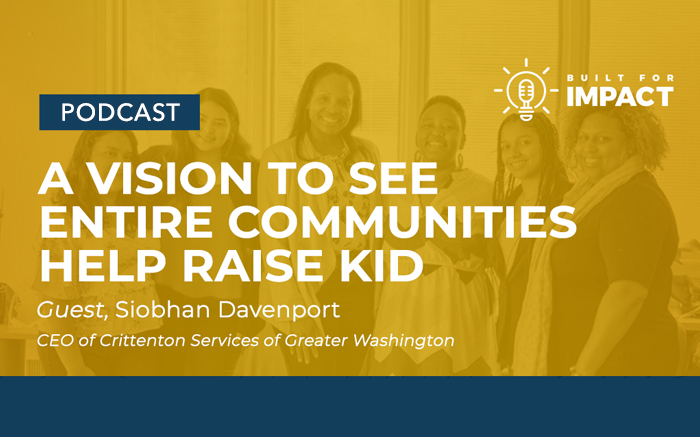
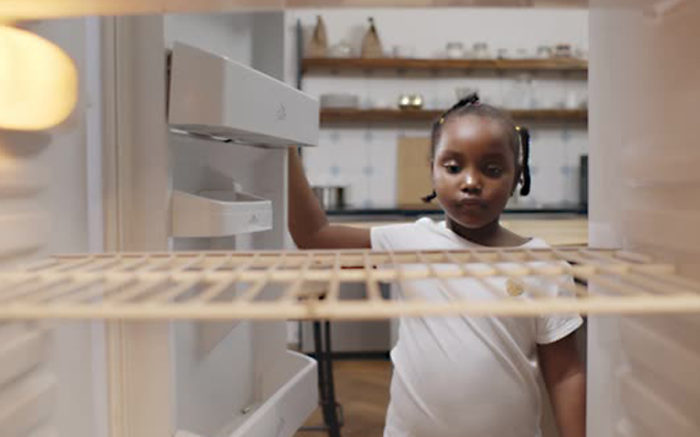
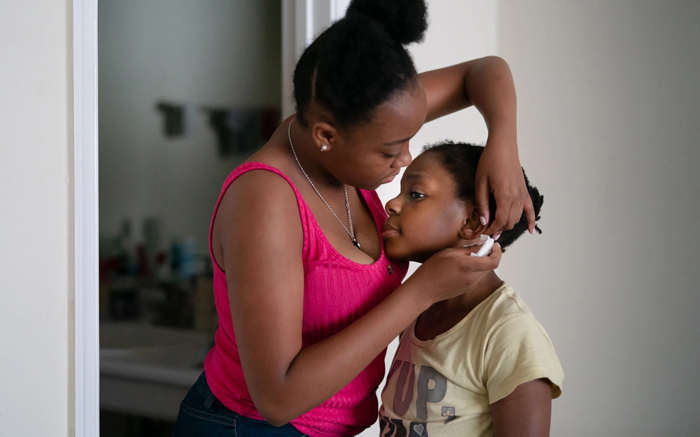
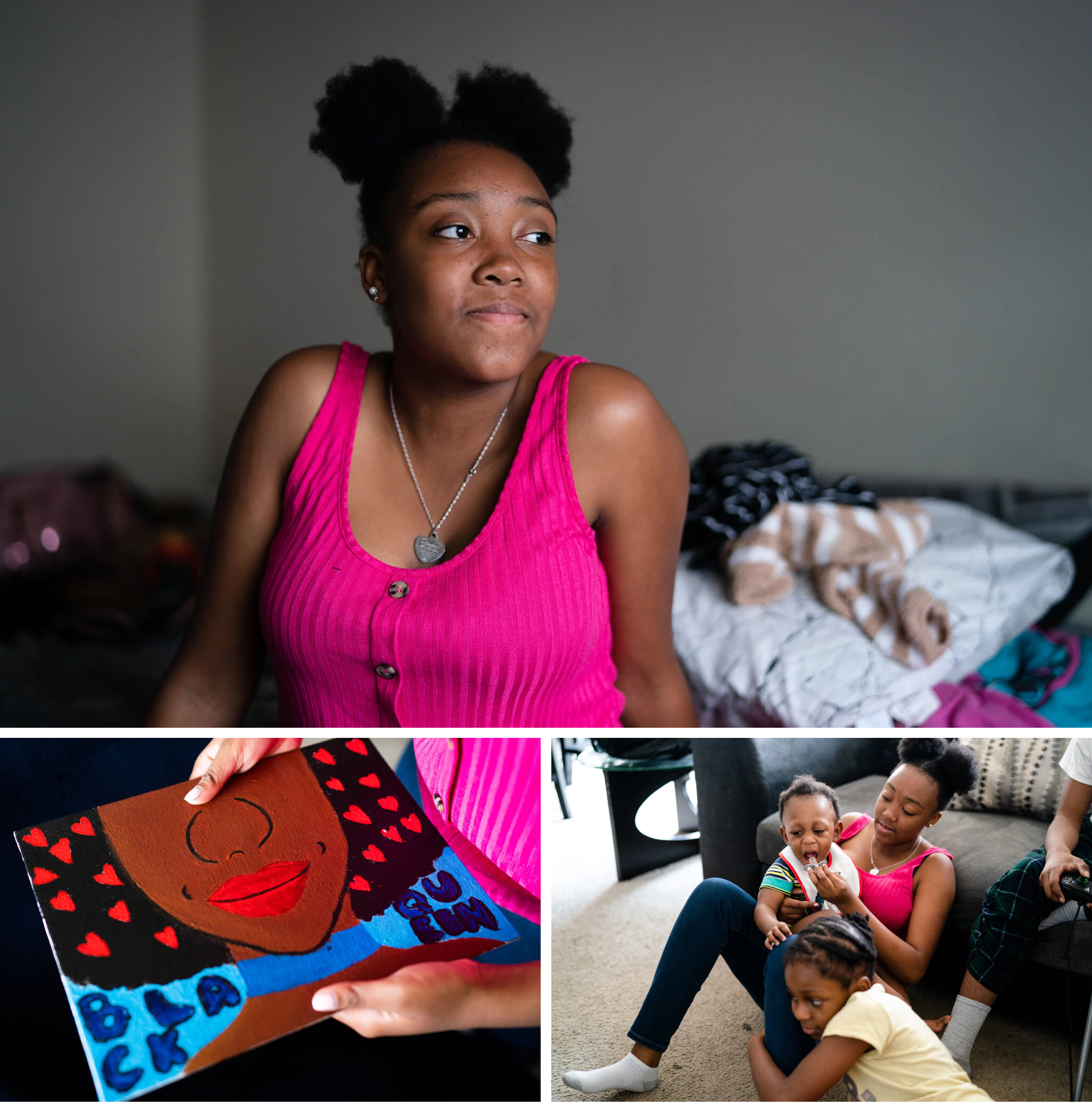
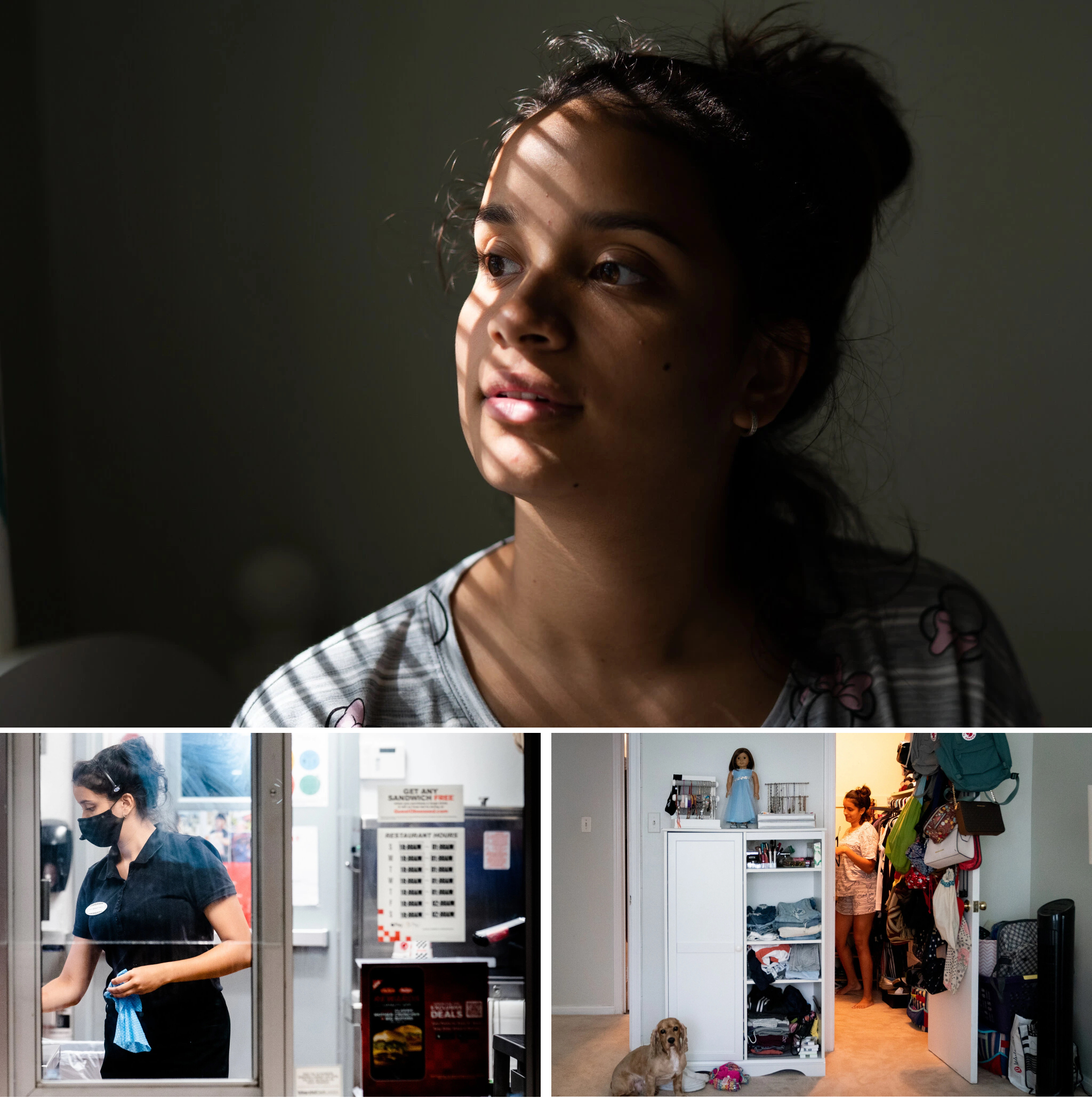


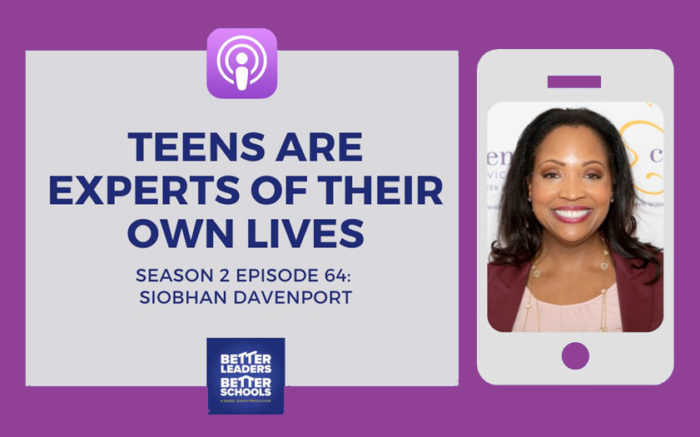
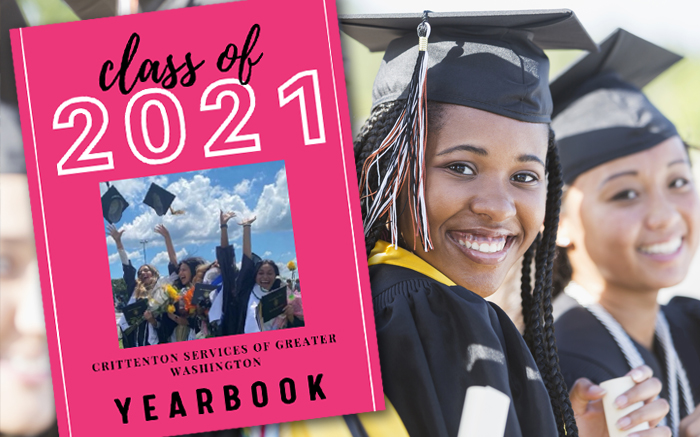

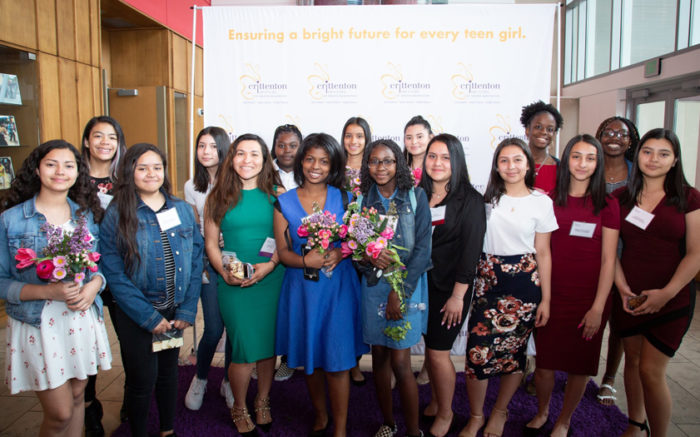
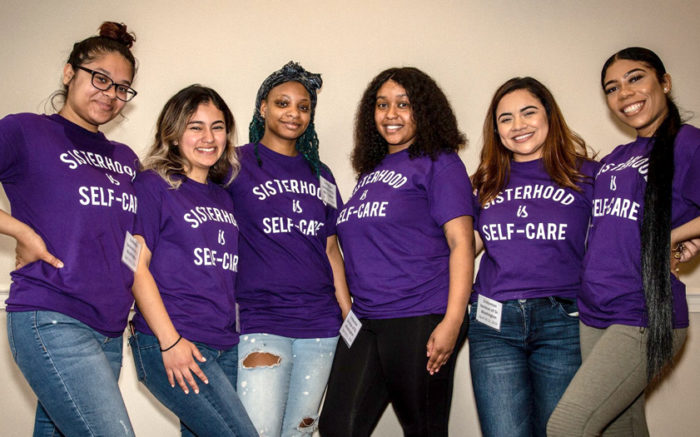
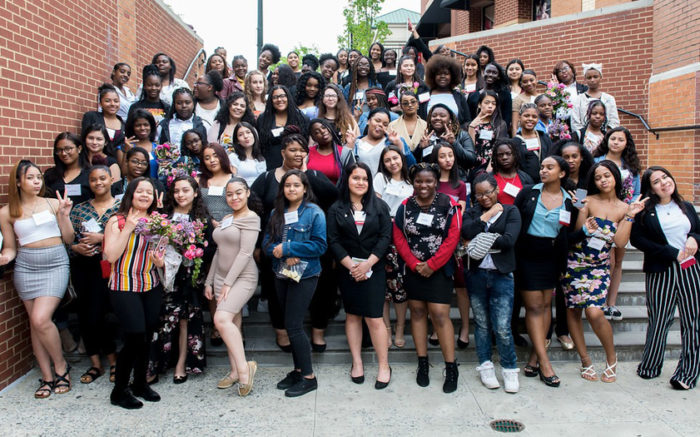
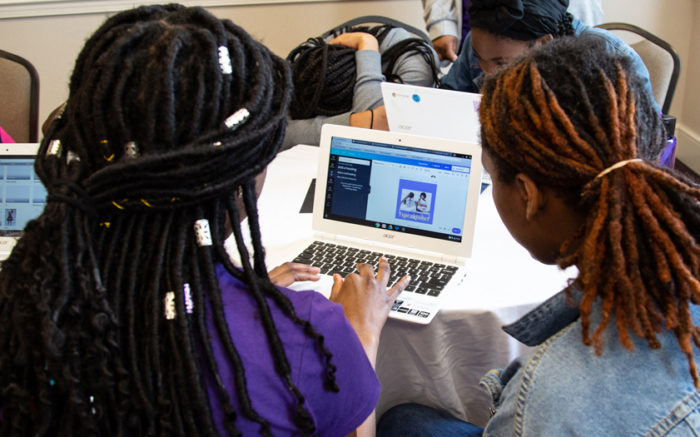
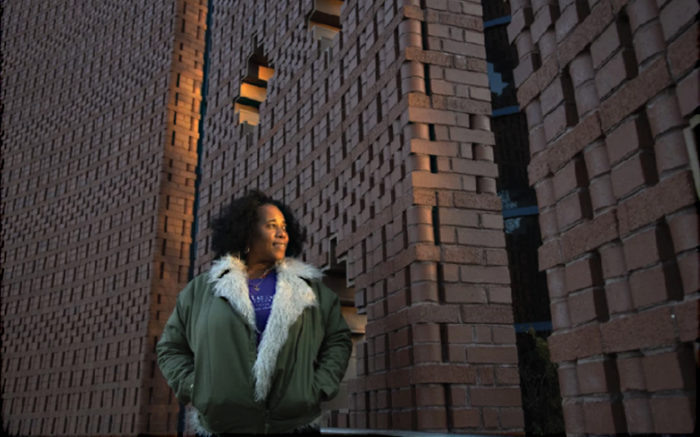

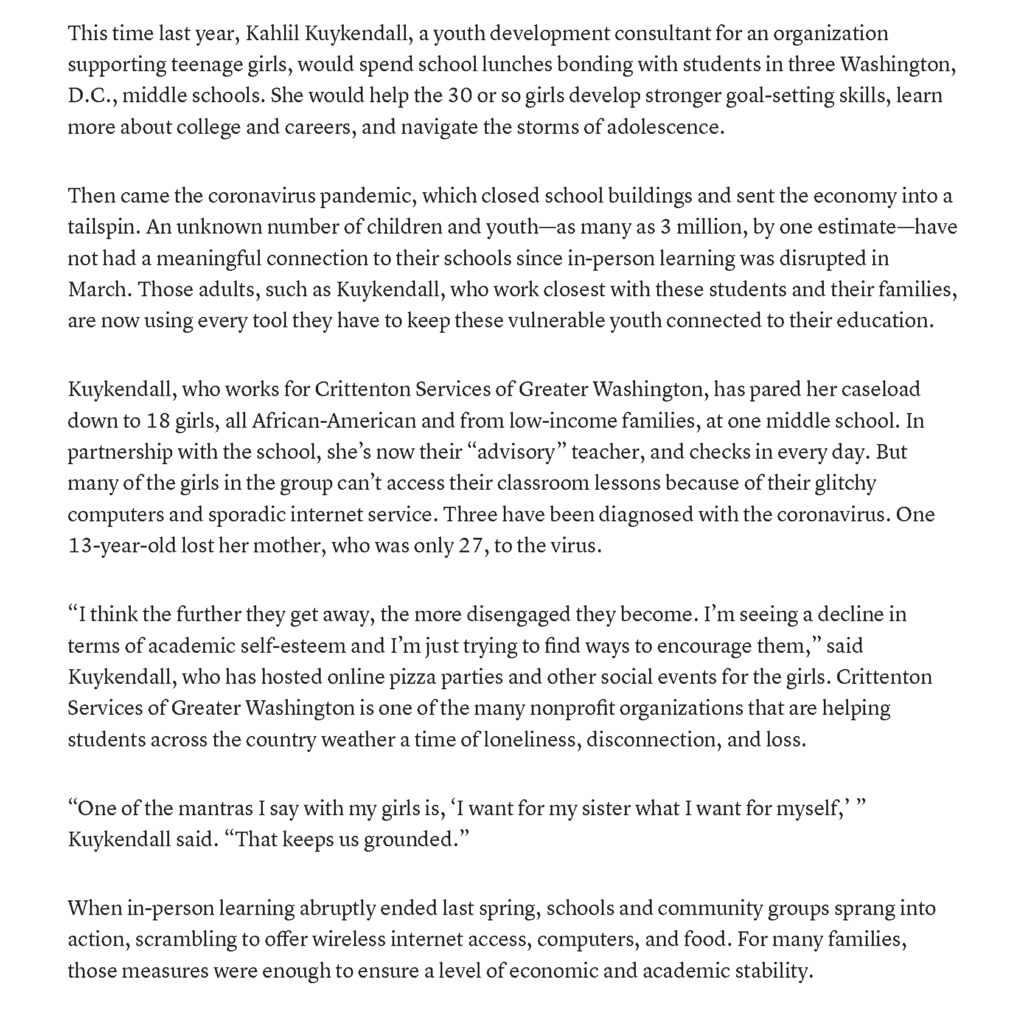


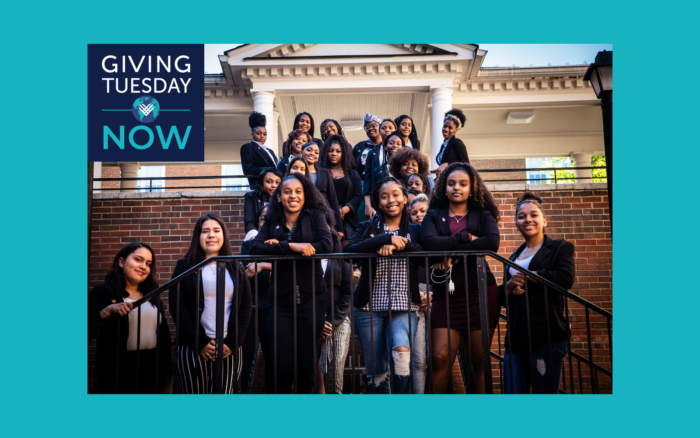

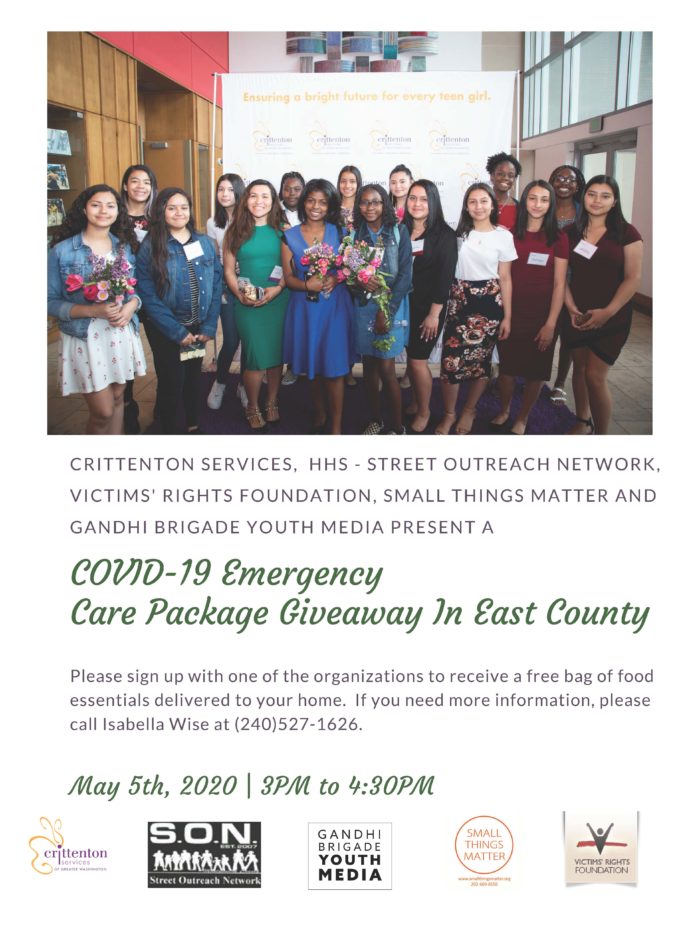

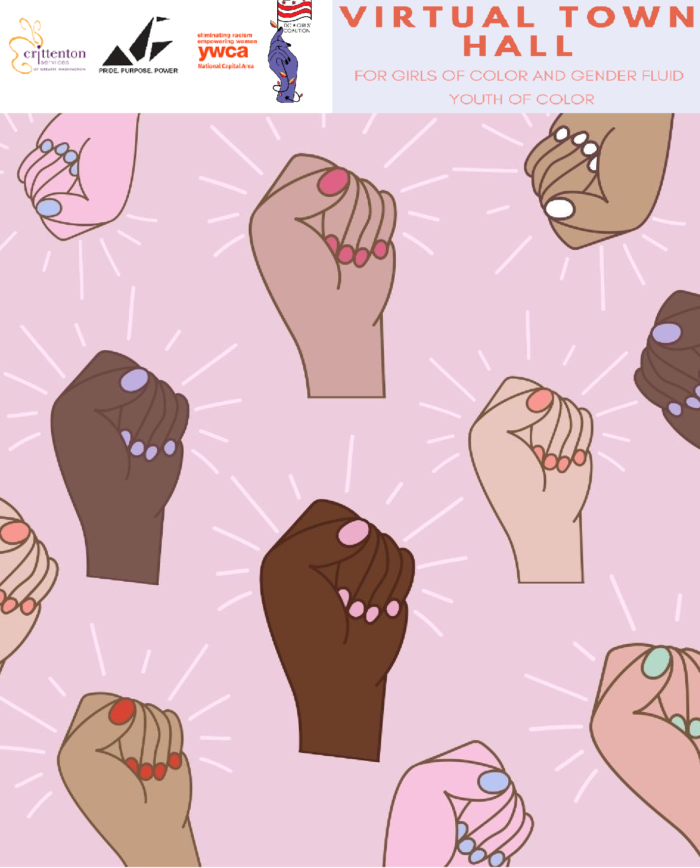



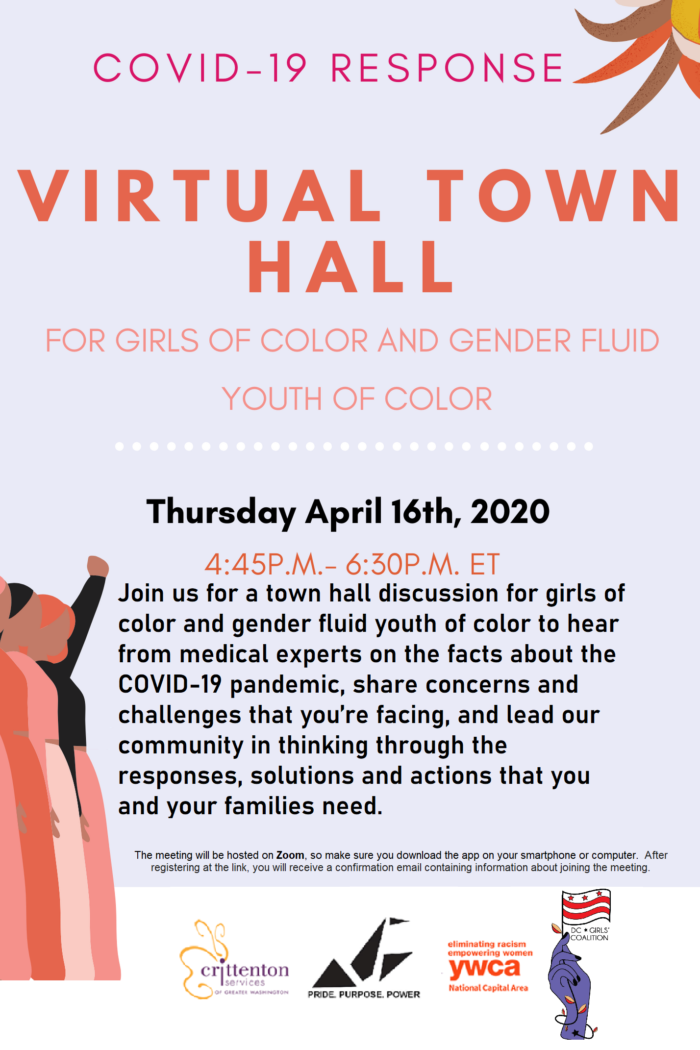
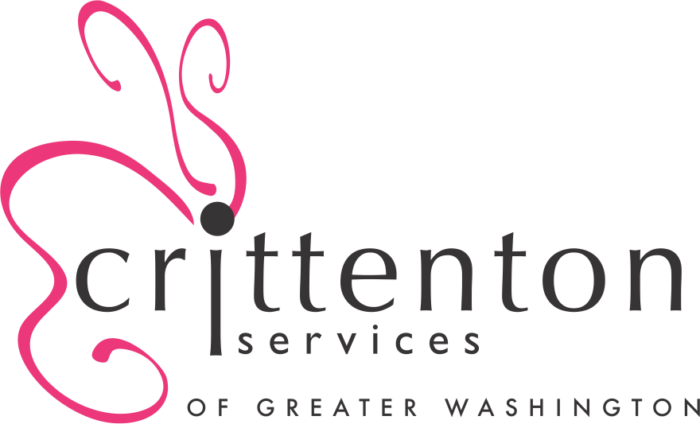


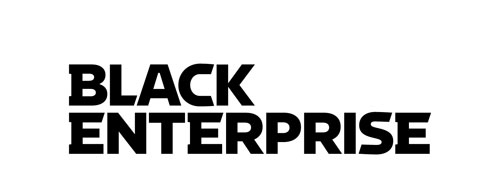






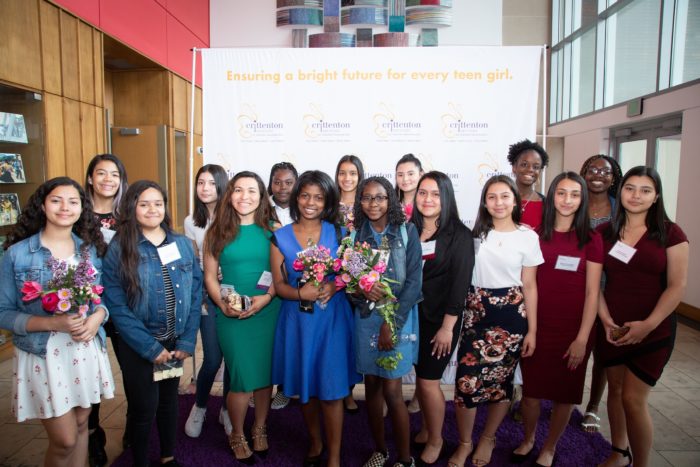
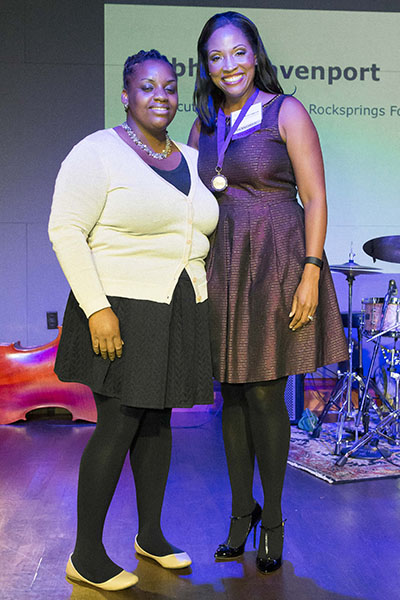
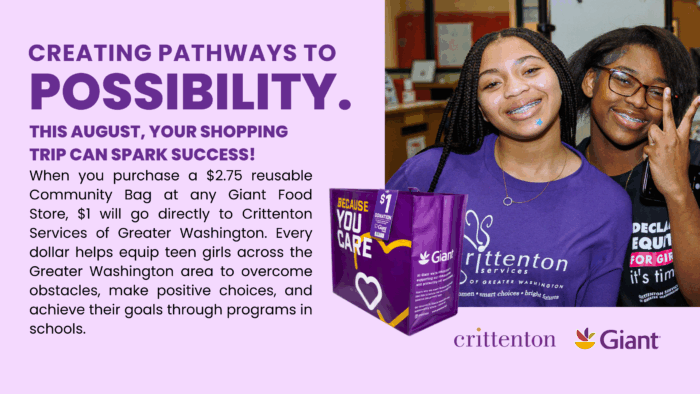
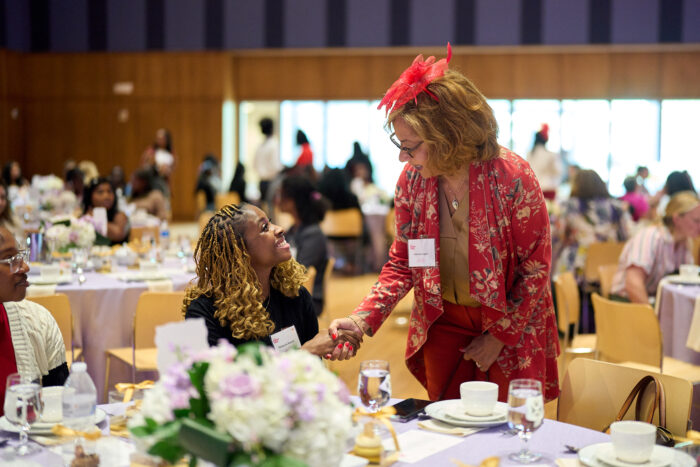
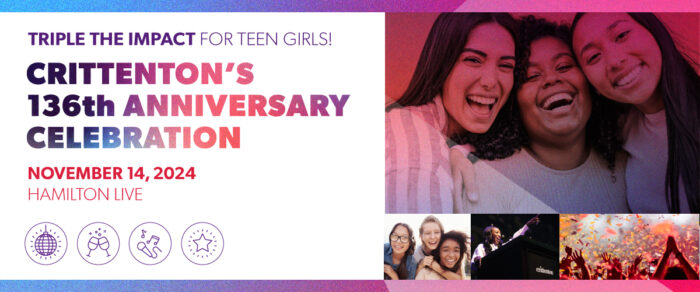
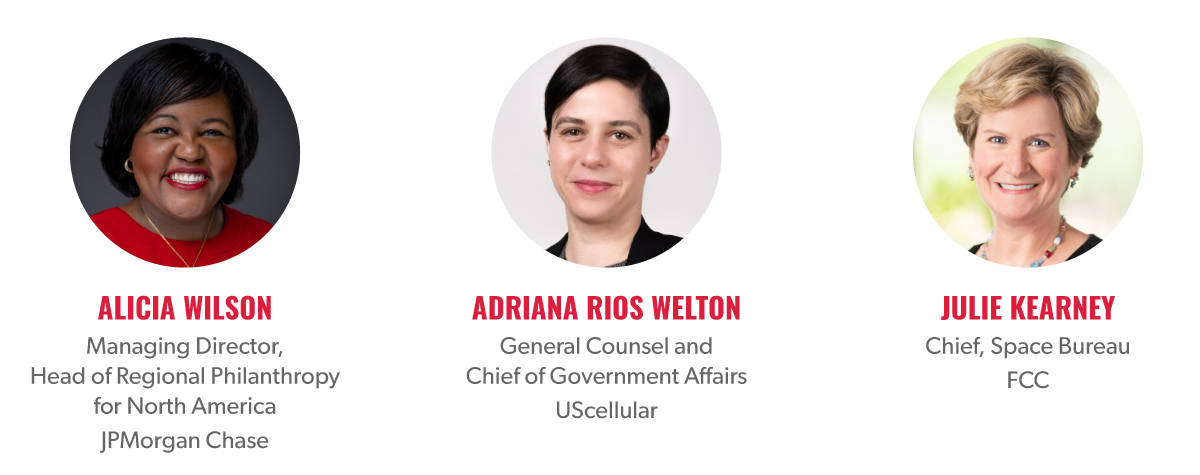

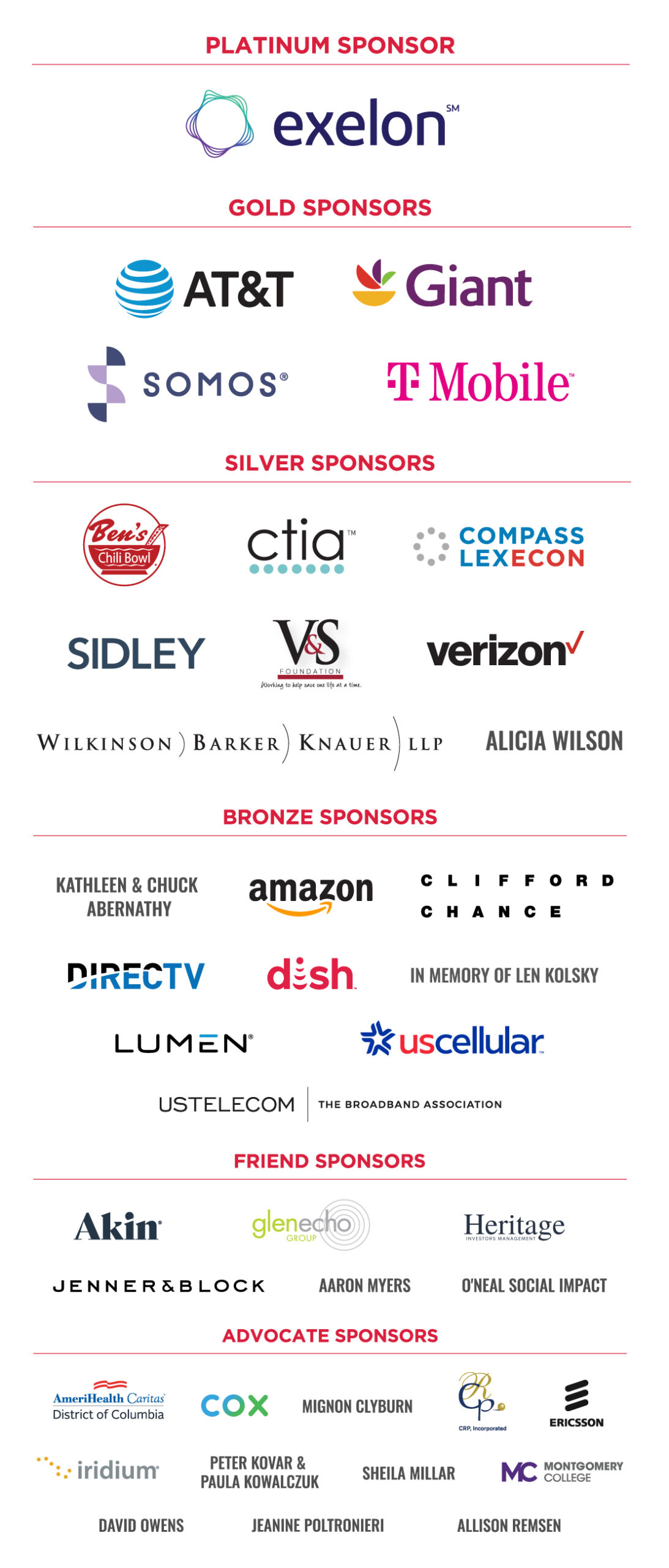
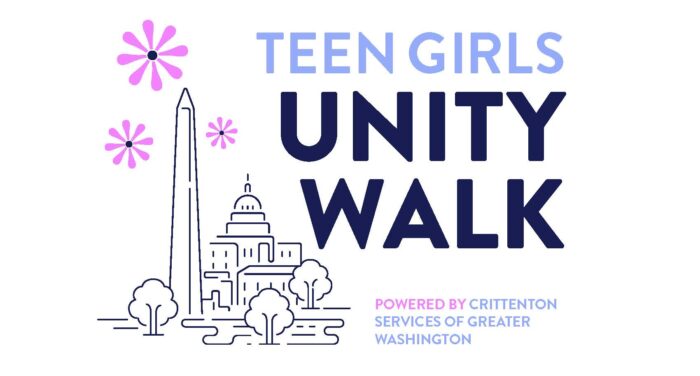

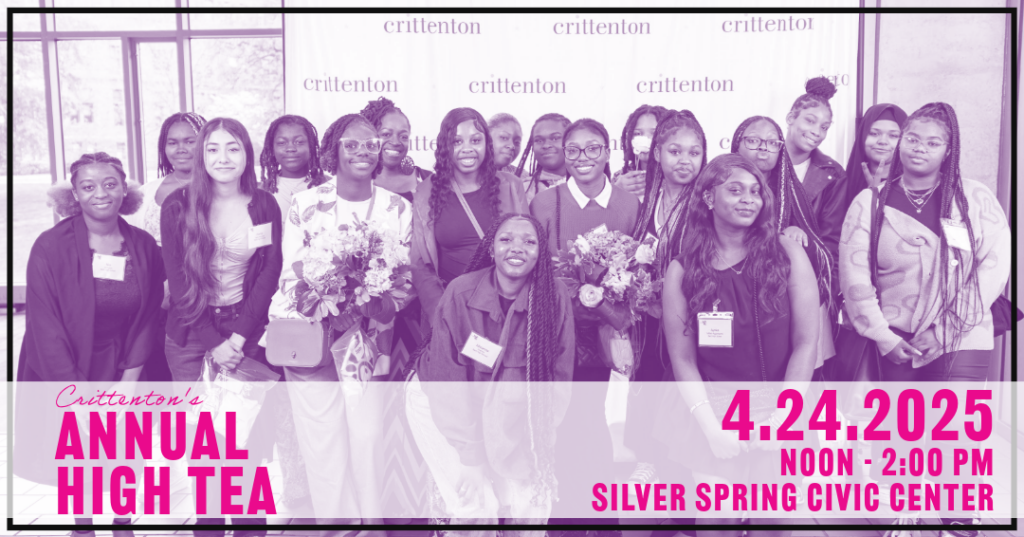
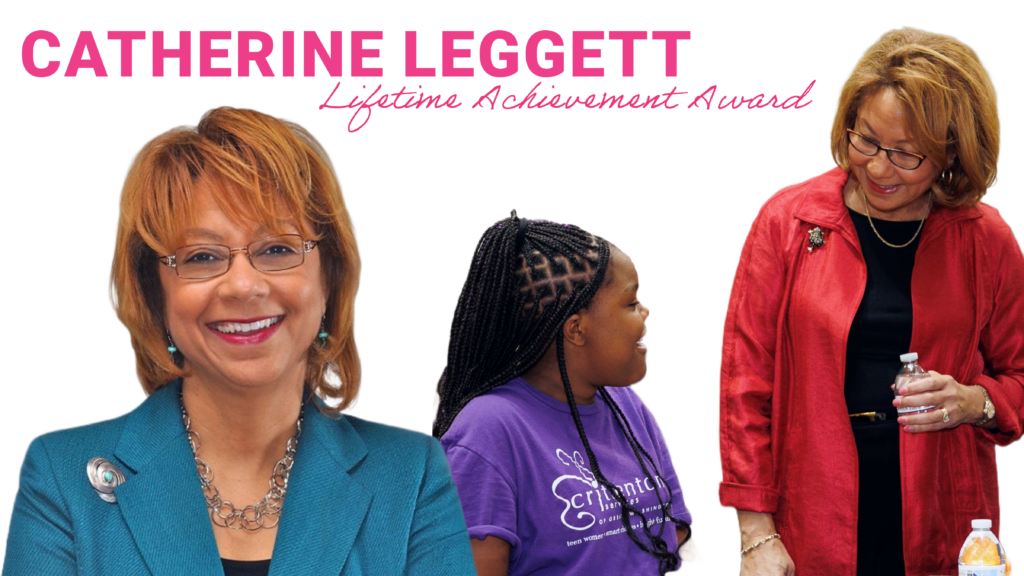



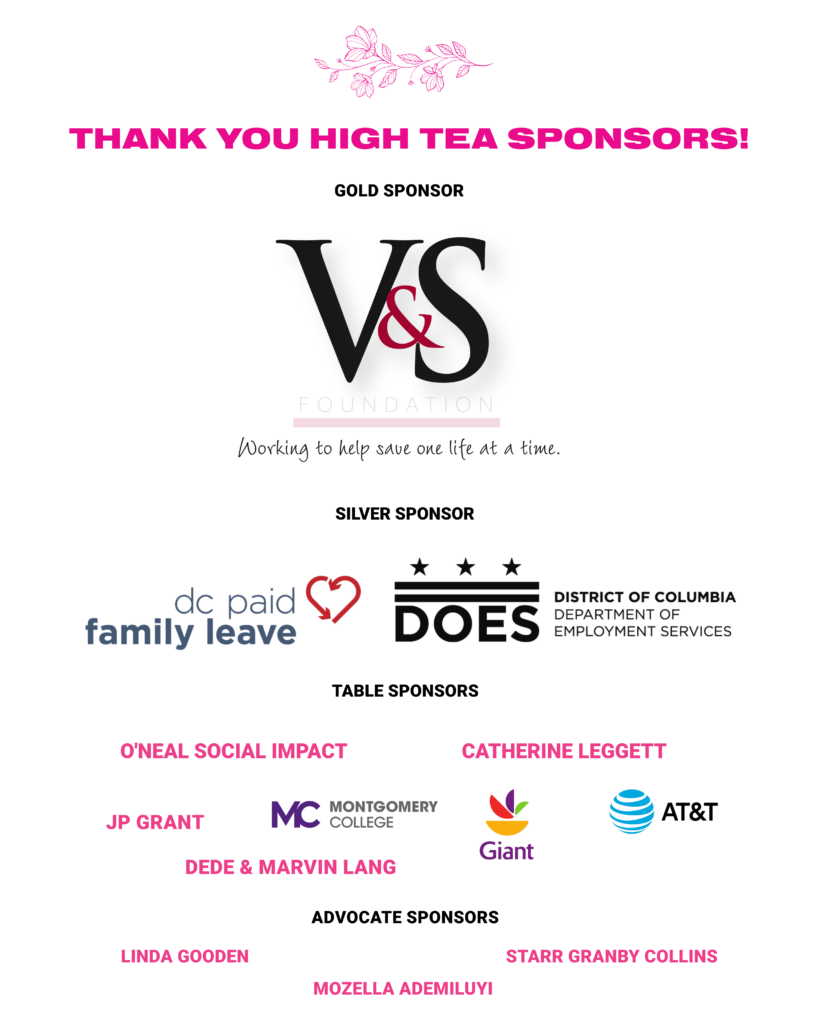
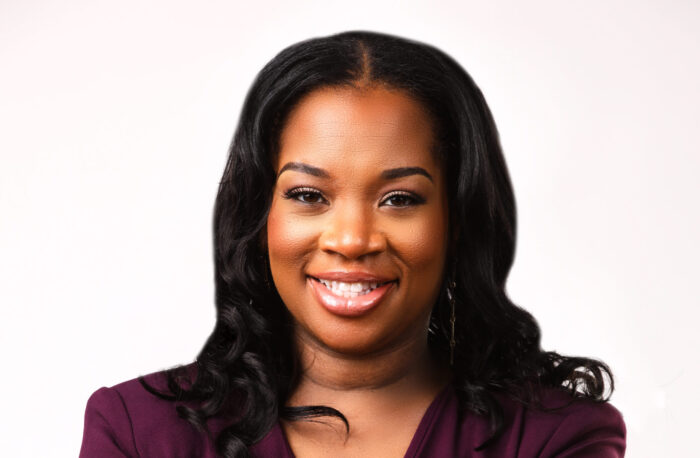
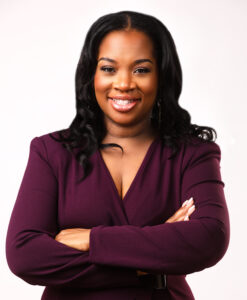
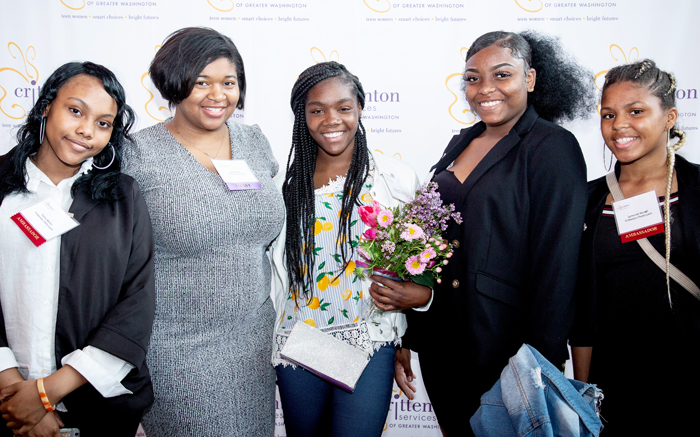
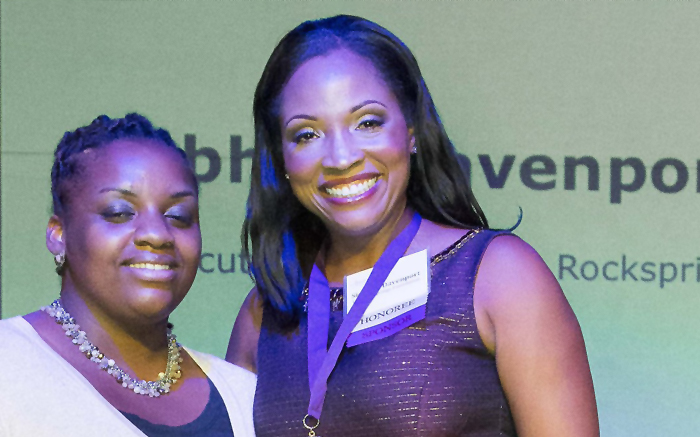
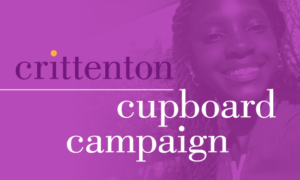 98% of Crittenton girls live in economically challenged communities. Over the years, when they’ve needed it most, we’ve stepped in—providing computers for school, safe rides home, feminine products, and school uniforms. During the pandemic we’ve also paid for groceries, car repairs, and, sadly, funeral expenses. Our aim is to prevent unanticipated financial hardships from snowballing into insurmountable challenges.
98% of Crittenton girls live in economically challenged communities. Over the years, when they’ve needed it most, we’ve stepped in—providing computers for school, safe rides home, feminine products, and school uniforms. During the pandemic we’ve also paid for groceries, car repairs, and, sadly, funeral expenses. Our aim is to prevent unanticipated financial hardships from snowballing into insurmountable challenges.